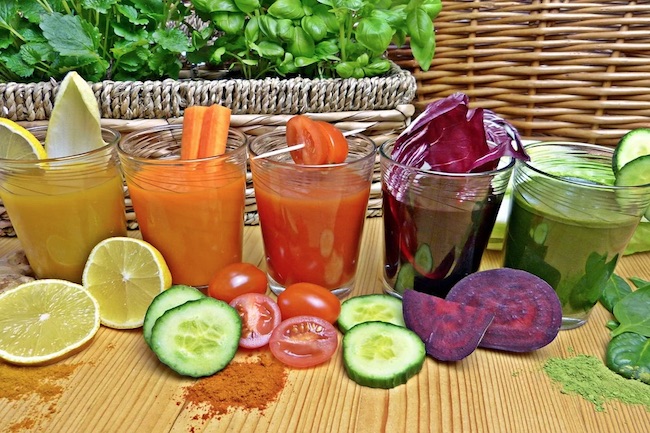Beets Can Help Fight COVID by Dr. Joseph Mercola for Mercola
The beet has long been part of human history. Some of the oldest archaeological evidence dates the consumption of beets back to the Third Dynasty of Egypt, and Greek records show beets were cultivated around 300 BC.1 Historical beetroots were long and thin, often resembling a red carrot. The modern cultivar didn’t appear until the 16th and 17th centuries in Europe.
Originally, it was the beet greens that were consumed and not the fibrous roots.2 These were occasionally used for medicine. The first record of the roots being eaten was in 1542 in either Germany or Italy. In 1747 a chemist from Berlin discovered how to extract sucrose from beets, leading to the development of the beet sugar industry, which uses fewer resources than sugarcane.
Ancient Romans believed beets were an aphrodisiac, as did the Greeks and Italians.3 They are nutrient-dense and easy to grow, making them appealing to backyard gardeners. The plants prefer full sun and a well-prepared, fertile soil.4 Since they develop a tap root, the soil should be free of rocks.
Most varieties take from 55 to 70 days to come to maturity. They can be stored in the refrigerator for up to a week and can be frozen, canned and pickled. The green tops are edible and full of important nutrients like vitamins K, A, C, magnesium and copper.5 However, the current sugar beet crop is over 90% GMO.6
Support Your Heart Health With Beets
They may not be a common addition to your menu planning, but it might be time to consider adding beets for their nutritional benefits and unique flavor. Beets can actually increase your production of nitric oxide (NO), which relaxes arteries and reduces blood pressure.7 High blood pressure is one of the health conditions that raises your risk for severe disease with COVID-19.
Scientists believe it is the nitrates naturally found in the root that help lower blood pressure by being converted to NO, which is a vasodilator. Scientists have been interested in the action of NO as it also has a significant effect on the ability of the arterial system to deliver nutrients and oxygen.
Researchers have identified how the body converts nitrite into nitric oxide.8 In a 2013 study published in the British Journal of Clinical Pharmacology, scientists discussed this pathway, along with the many health benefits that may be realized by eating beets.9 Some of the vegetables with the highest nitrate content include rocket, spinach, lettuce, radish and beetroot.
In a more recent study, researchers evaluated the differences in the effect beetroot juice had on younger and older adults.10 Their hypothesis was it would improve cognitive and cardiovascular function, with a greater potential in older adults. The team engaged 24 participants: 13 younger adults and 11 who were older than 50 years.
The participants drank 5 ounces of either beetroot juice or placebo. The study team measured plasma nitrate and nitrite concentrations along with heart rate, blood pressure, cognitive function and mood. After drinking the juice, the older group had a greater elevation of plasma nitrite; they also had a more pronounced reduction in diastolic blood pressure than the younger adults.
Systolic blood pressure was lowered in both groups, which pointed to potential improvements in heart health that the root vegetable may offer.




